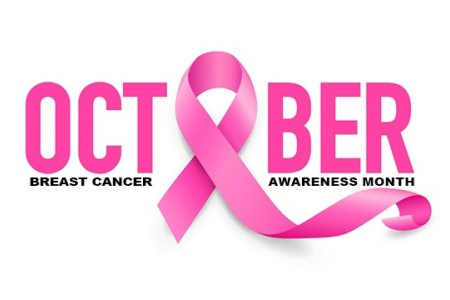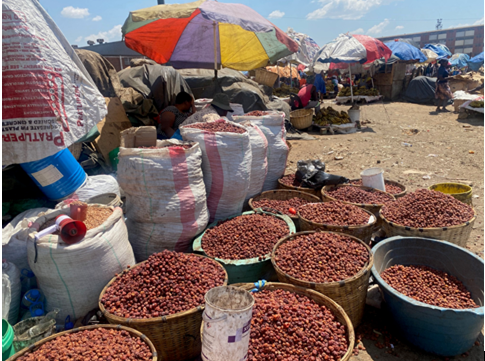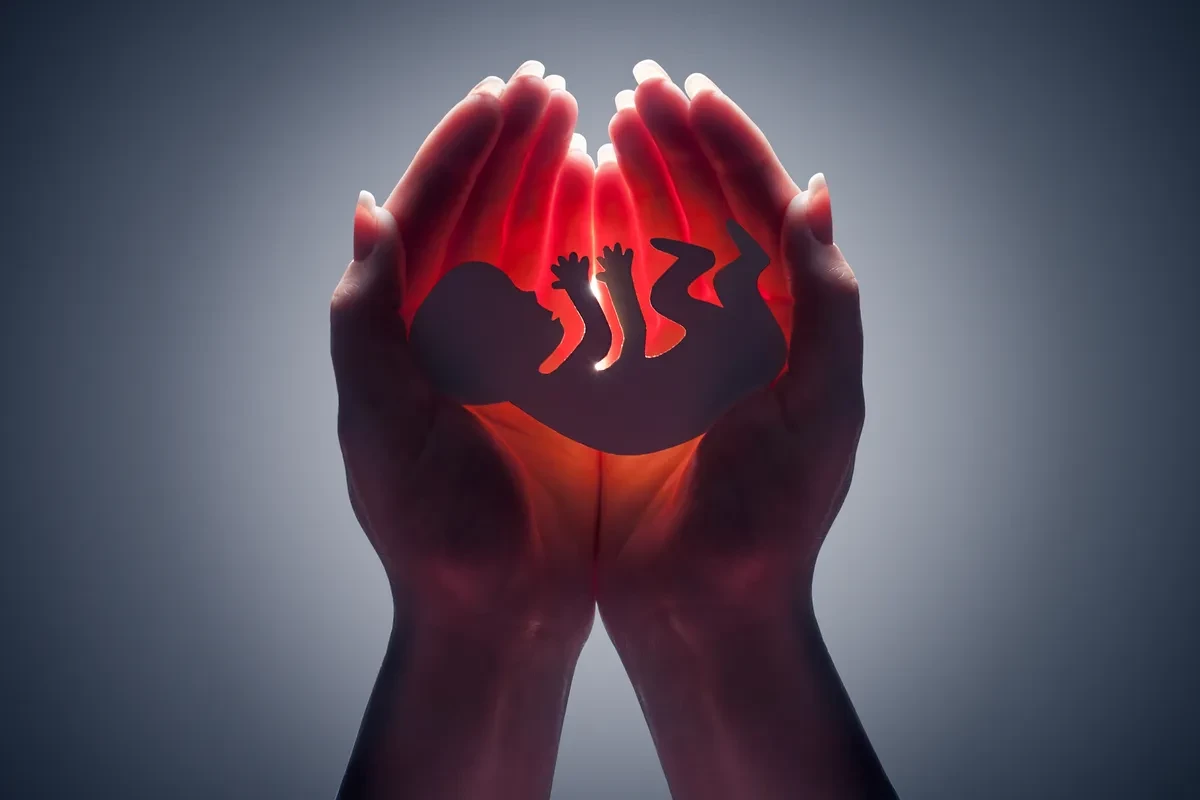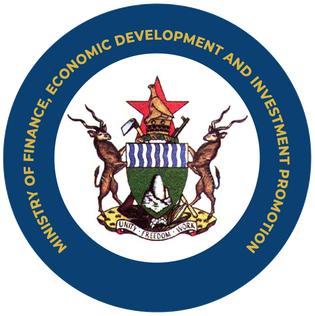
OCTOBER marks the Breast Cancer Awareness month, a crucial time to address the pressing health issues that affect women in Zimbabwe.
Breast cancer stands as one of the most significant health challenges for Zimbabwean women, with growing incidence rates and considerable implications for mental health.
This article explores the intersection of breast cancer awareness, mental health, the role of the human papilloma virus (HPV), dietary factors and the importance of early detection.
The landscape of breast cancer in Zimbabwe
Breast cancer has become a prominent health issue in Zimbabwe, accounting for approximately 34% of all cancer cases in women, according to the Zimbabwe National Cancer Registry.
The age-standardised incidence rate is estimated at 33.1 per 100 000 women, reflecting an alarming trend in the prevalence of this disease.
With these statistics, it is evident that breast cancer poses a significant threat to the health and well-being of women across the nation.
The role of HPV in cancer development
- Breast cancer: A scourge we must fight every day
- Cancer foundation targets flea markets, salons
- Breaking the silence: Empowering women in fight against breast cancer, mental health stigma
- Pinktober: Merging mental health and breast cancer awareness through creative expression
Keep Reading
While HPV is primarily associated with cervical cancer, emerging research suggests a potential link between certain strains of HPV and breast cancer.
Some studies have detected high-risk HPV types in breast tissue, indicating that HPV may play a role in the carcinogenic process.
This connection highlights the importance of comprehensive sexual health education and HPV vaccination for women in Zimbabwe.
The introduction of robust vaccination programmes could potentially reduce the incidence of HPV-related cancers, including breast cancer.
Dietary choices and cancer risk
The foods we consume can significantly influence our health, particularly concerning cancer risk.
In Zimbabwe, traditional diets rich in fruits, vegetables and whole grains can offer protective benefits.
However, the increasing prevalence of processed foods high in sugars, unhealthy fats and additives poses a growing risk.
Research indicates that diets high in red and processed meats, coupled with excessive alcohol consumption, may increase the likelihood of developing breast cancer.
A balanced diet that emphasises whole, unprocessed foods can empower women to take control of their health.
Public health campaigns aimed at educating women about healthy dietary choices are essential.
By promoting nutrition awareness and encouraging healthy eating habits, we can reduce the risk of breast cancer and other diet-related diseases.
Mental health implications of a breast cancer diagnosis
A breast cancer diagnosis can profoundly affect a woman’s mental health.
In Zimbabwe, the stigma surrounding cancer often leads to feelings of isolation, fear and anxiety.
Many women face emotional challenges, with studies indicating that approximately 60% of breast cancer patients report symptoms of depression and anxiety.
These mental health issues can significantly impact treatment adherence and the overall quality of life.
The cultural context in Zimbabwe often compounds these challenges.
Cancer is frequently viewed as a death sentence, leading to a reluctance to discuss the disease openly.
This silence perpetuates stigma and prevents women from seeking necessary mental health support.
It is crucial to create safe spaces where women can share their experiences, access counselling and receive emotional support.
Community-based programmes that facilitate discussions around cancer and mental health can help dismantle the stigma and foster resilience.
The importance of early detection
Early detection is a vital factor in improving breast cancer outcomes.
The earlier the disease is diagnosed, the higher the chances of successful treatment and survival.
Despite this knowledge, many Zimbabwean women delay seeking medical advice due to fear, stigma or lack of awareness about breast cancer symptoms.
The Health and Child Care ministry advocates regular self-examinations and clinical breast exams for women over the age of 20.
To combat the barriers to early detection, awareness campaigns must be amplified.
Educational initiatives should focus on teaching women how to perform self-examinations and recognise warning signs such as lumps, changes in breast shape or unusual discharge.
Mobile clinics and outreach programmes can be instrumental in reaching rural communities, ensuring that women have access to vital information and resources.
As we observe Breast Cancer Awareness Month, breaking the silence surrounding breast cancer and mental health in Zimbabwe is imperative.
Empowering women with knowledge about HPV, promoting healthy dietary choices, and emphasising the importance of early detection can significantly impact the fight against breast cancer.
By creating a supportive environment where women feel comfortable discussing their health concerns, we can challenge the stigma associated with cancer and mental health.
Together, we can pave the way for a future where Zimbabwean women are informed, empowered and supported in their health journeys.
It is time to break the silence and empower every woman to take charge of her health and well-being.
- Raymond Tendai Rusinga is a writer and/or researcher in Harare, Zimbabwe. Please feel free to WhatsApp or call: +263 776 206 227 or email: [email protected]. He writes here in his personal capacity.











